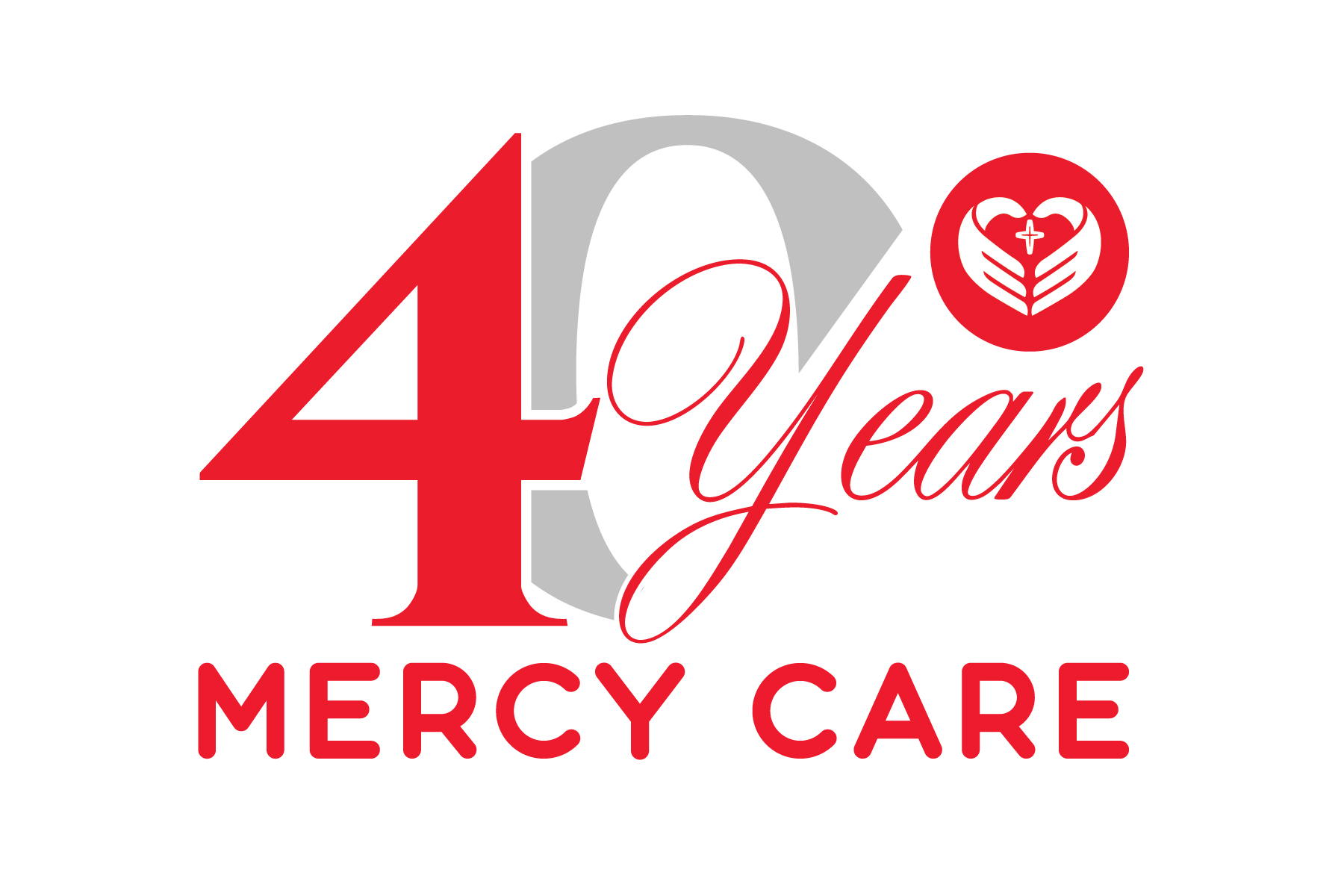Outreach teams tackle COVID-19
While many of us feel an information overload from the media, social networks, and government with COVID-19 updates, a section of our population remains in the dark. For Atlantans experiencing unsheltered homelessness, many do not have internet access and lack crucial resources and sometimes basic awareness of the current pandemic. And for those who are already informed, many ask why they should care.
 “My clients already live in such marginalized conditions that when we explain coronavirus, they say, ‘Coronavirus? I have stage 4 cancer,'” said Franco Bejarano, a case manager with InTown Collaborative Ministries. “They may be aware of what’s going on, but there’s no sense of urgency like in the general population. If anything, coronavirus is a source of frustration, because it’s keeping them from getting permanently housed.”
“My clients already live in such marginalized conditions that when we explain coronavirus, they say, ‘Coronavirus? I have stage 4 cancer,'” said Franco Bejarano, a case manager with InTown Collaborative Ministries. “They may be aware of what’s going on, but there’s no sense of urgency like in the general population. If anything, coronavirus is a source of frustration, because it’s keeping them from getting permanently housed.”
Resources have been limited as well, including food. “Many of our clients rely on soup kitchens, but most have closed during the pandemic, leaving them food insecure,” said Dr. Joy Fernandez de Narayan, Street Medicine manager. “And at the same time, going to a soup kitchen isn’t socially-distancing, so it would place them at risk.”
 Mercy Care has distributed over 400 meal kits per week in addition to hygiene kits, and other partnering organizations have dispersed similar kits from their food pantries. Providing these necessities has been a lifesaver for many, but the real hurdle of education remains.
Mercy Care has distributed over 400 meal kits per week in addition to hygiene kits, and other partnering organizations have dispersed similar kits from their food pantries. Providing these necessities has been a lifesaver for many, but the real hurdle of education remains.
“Overall, our patients’ lives have been turned upside down and a lot of them don’t understand why,” said Fernandez. “Not all of them really believe that this is real. Some mistrust the government or the reality of the disease, which adds another obstacle for our team in encouraging, swift, protective lifestyle actions.”
InTown and Mercy Care are part of a web of organizations that form a safety net for Atlanta’s chronically homeless. These teams work harmoniously, covering the gamut of social services to help people out of homelessness. Now, during the coronavirus pandemic, their mission has collectively switched to raising awareness and helping with necessities. Outreach teams have been designated areas of the city to canvass with resources for prevention and monitoring. They visit outdoor encampments under bridges, dilapidated buildings, and wooded areas to prepare residents with educational materials and screen for symptoms.
The two teams deployed are Street Medicine and Community Health Outreach Program (CHOP). The CHOP team typically acts as a first line of outreach. Actively seeking out homeless individuals on streets and in shelters, CHOP earns trust by staying visible 5 days per week and offering basic resources to new acquaintances. Street Medicine goes deeper. A lean team of medical professionals provide primary care and mental health services and maintain relationships with chronically unsheltered individuals who have not sought clinical help. These barriers can be mental or social, transportation-related, or simply the cost of a clinic visit.
“We’ve continued providing medication refills, but generally stopped seeing many of our patients in an effort to get to as many encampments as possible to provide education and support,” said Fernandez.
Seventy-three percent of current Street Medicine patients are over 45 years old, and 7% are over 65 years old. Eighty percent of these patients are therefore at higher risk for catching COVID-19, and their individual risk is even greater with chronic illnesses. “Most of them have some kind of underlying disease,” said Fernandez. “And their constant exposure to the elements places them at a higher risk of dying compared to sheltered folks.”

The Department of Public Health also identified those who are homeless (sheltered and unsheltered) as high risk for getting and spreading the virus due to their congregate living conditions and comorbidities. This month, Fulton County granted $200,000 to Mercy Care for testing homeless individuals. One hotel in Atlanta has been designated for COVID-positive individuals needing shelter for a 14-day quarantine. As of April 23rd, another hotel with 240 beds is open for high-risk individuals to stay up to 90 days.
But preventive action remains a challenge. Asking an already isolated group to shelter-in-place, practice social-distancing, or participate in a global cause when they live day-to-day is a hard sell. Thankfully, Atlanta’s homeless outreach teams have built strong relationships with these vulnerable micro-communities for years prior to COVID-19, and their systems are designed for agility. The teams have adopted a new protocol for healthcare, but their mission remains the same.
“I had the option to stay home but I couldn’t in good conscience do that, knowing medical teams – the nurses and doctors — are still hard at work right now,” said Bejarano of InTown. “It may be third party work and there are some tricky obstacles, but we’ll continue covering a population that’s otherwise unserved.”















